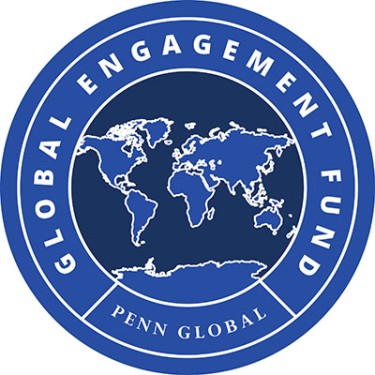Hotspot Cities: Forging a Global alliance to mitigate conflict between urban growth and biodiversity in the world's biological hotspots
Basic Page Sidebar Menu Penn Global

Richard Weller
Year Awarded:
2017-18
After 4 years of self-funded work, on Earth Day 2017 Richard Weller, Chair of Landscape architecture at UPenn launched a web-based Atlas titled 'The Atlas for the End of the World- Atlas for the Beginning of the Anthropocene'. The Atlas includes over 800 maps that audit how the 142 nations that preside over the world's biological hotspots (regions of unique biodiversity threatened with extinction) are meeting 2020 United Nations' landscape conservation targets. In addition to auditing large scale land-use in the world's hotspots, the Atlas also focuses on how the cities in these landscapes are growing. It shows that over 90 per cent are sprawling - and unless something is done will continue to sprawl- directly and calamitously into remnant habitat. One recommendation of the Atlas is that a representative sample of these cities should now form a global alliance to confront the issue of destructive urban growth. This project is the catalyst for the formation of this alliance and also leads to the selection of two cities as case studies in which scenarios for alternative forms of urban growth will be modelled. The project aims to show how biodiversity and urban development can co-exist in a mutually supportive manner.

